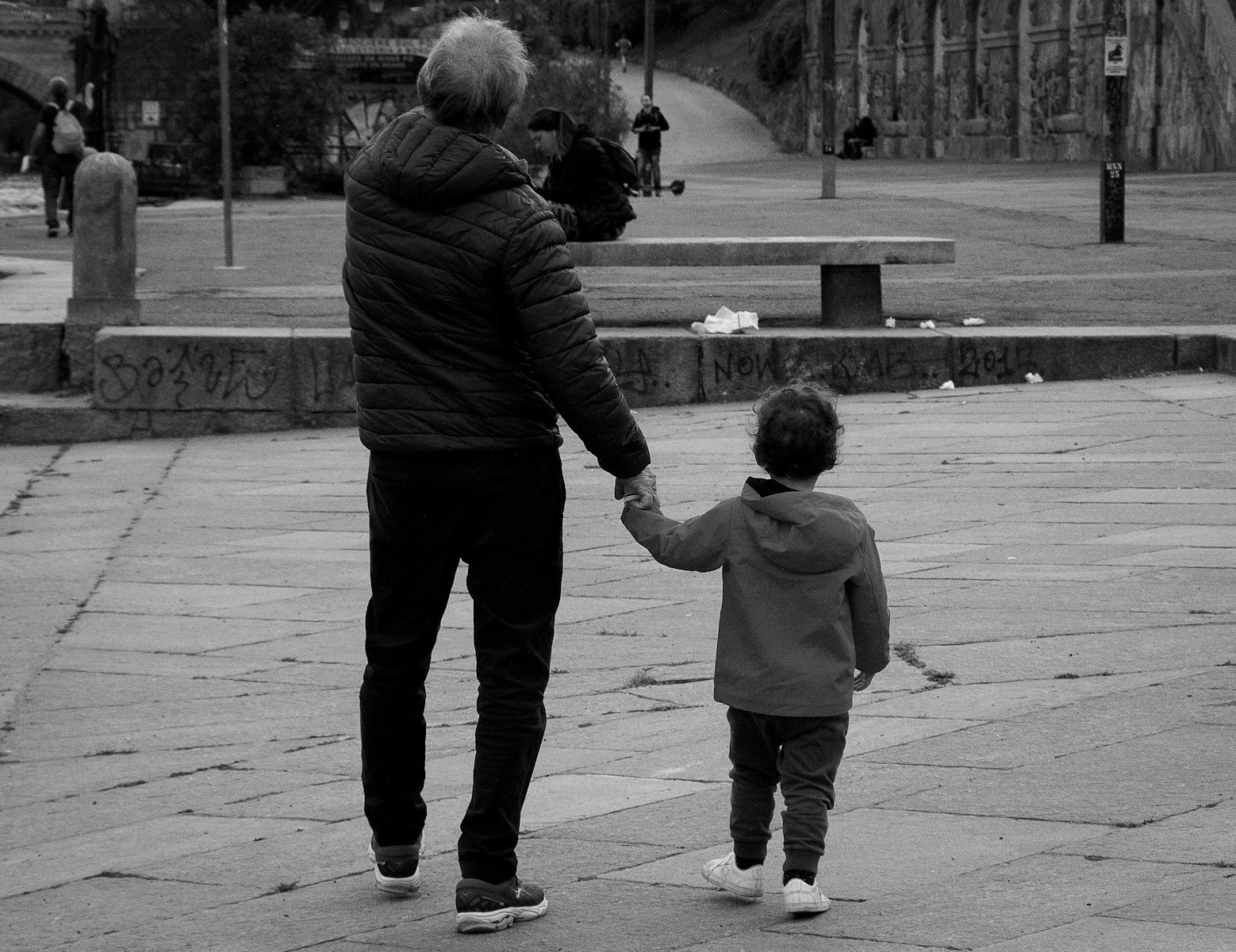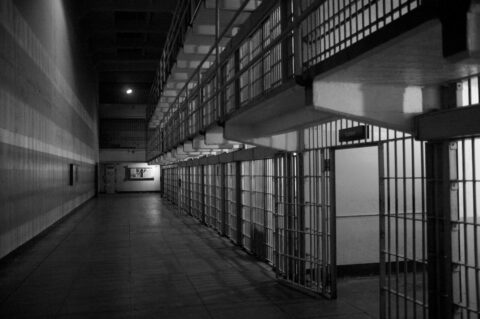No Partition Rights for Grandsons While Father is Alive, Rules Delhi High Court

Introduction
The Delhi High Court, in Amit Sethi v. Lalit Sethi & Ors.[1], has reiterated the settled legal position on intestate succession under the Hindu Succession Act, 1956 (HSA). Dismissing a partition suit filed by a grandson over property situated at Kalkaji, New Delhi, the Court held that a grandson does not acquire any birthright in his grandfather’s property during the lifetime of his father. The judgment highlights the transformative impact of Section 8 of the HSA, which abrogated pre-1956 concepts of coparcenary and survivorship, and clarified that property devolving on a son under intestate succession is held in his individual capacity as absolute property. By rejecting the plaint under Order VII Rule 11 CPC, the Court also reinforced the principle that illusory or misconceived claims cannot be permitted to proceed to trial.
Table of Contents
Background of the Case
The dispute in Amit Sethi v. Lalit Sethi & Ors. arose out of competing claims over a residential property located at C-76, AB, Kalkaji, New Delhi, measuring about 200 sq. yards. The property was originally acquired by late Sh. Ram Lal Sethi under a perpetual lease deed dated 31 August 1965.
Following his demise in December 1989, disagreements surfaced among his descendants regarding ownership and partition. The family tree reveals that Ram Lal Sethi had two sons relevant to the present litigation Lalit Sethi (Defendant No. 1) and Kulbhushan Sethi (deceased). The plaintiff, Amit Sethi, is the son of Lalit Sethi, while Defendant No. 2, Sameer Sethi, is his brother. Defendants No. 3 and 4, Santosh Sethi and Sumit Sethi, are sons of late Kulbhushan Sethi and therefore cousins of the plaintiff.
The plaintiff contended that in 1986 an oral family partition was carried out, under which the Kalkaji property devolved jointly upon his father, Lalit Sethi, and his uncle, Kulbhushan Sethi. Another property at Greater Kailash Enclave-II was simultaneously allotted to the remaining sons of Ram Lal Sethi. Despite this arrangement, the plaintiff claimed that after his grandfather’s death, the Kalkaji property retained its character as a joint Hindu family property. On this basis, he asserted that, by virtue of his birth in 1981, he had acquired a 1/5th share in the property and was therefore entitled to seek partition.
The defendants, on the other hand, strongly disputed this claim. They argued that the 1986 arrangement had vested absolute ownership of the Kalkaji property in Lalit Sethi and Kulbhushan Sethi. Consequently, in the hands of Lalit Sethi, the property became self-acquired, leaving no scope for the plaintiff, as a grandson, to claim rights by birth. They relied upon the provisions of the Hindu Succession Act, 1956, which restrict inheritance to Class I heirs and exclude grandchildren when their parent is alive.
The defendants countered that the 1986 partition conferred absolute ownership on Defendant No.1 and his brother, leaving no coparcenary interest for the plaintiff. Relying on the Hindu Succession Act, 1956 and settled judicial precedents, they maintained that a grandson has no birthright in his grandfather’s property during the father’s lifetime, and sought rejection of the plaint under Order VII Rule 11 CPC for want of cause of action.
Judicial Findings
The Delhi High Court considered the plaintiff’s claim against the backdrop of the pleadings and the governing provisions of the Code of Civil Procedure, 1908 (CPC) and the Hindu Succession Act, 1956 (HSA). The matter came before the Court on an application under Order VII Rule 11 CPC, which authorises the rejection of a plaint if it fails to disclose a cause of action or is barred by law.
The Court first noted that the plaintiff himself had admitted to an oral partition in 1986, under which the Kalkaji property devolved jointly upon his father, Lalit Sethi, and his uncle, Kulbhushan Sethi. On the basis of this admission, the Court held that the property could no longer be regarded as ancestral or joint family property; instead, it stood as the separate property of Lalit Sethi and his brother.
Turning to the statutory scheme, the Court reiterated the settled principle under Section 8 of the HSA that when a Hindu male dies intestate, his estate devolves upon his Class I heirs which include the son, daughter, widow, and mother, but exclude the grandson if the father is still alive. Relying on landmark precedents such as Commissioner of Wealth Tax v. Chander Sen and Yudhister v. Ashok Kumar[2], the Court reaffirmed that property inherited by a son after 1956 is held by him in his individual capacity and not as part of a coparcenary.
Applying these principles, the Court observed that upon the death of Ram Lal Sethi in 1989, the, suit property devolved absolutely upon his sons including Lalit Sethi. Consequently, the plaintiff, whose father was alive, had no birthright in the property. His assertion of having acquired a one-fifth share by birth in 1981 was found to be contrary to the statutory framework of the HSA.
The Court clarified that any cause of action in the plaintiff’s favour could arise only upon the death of his father, when succession would actually open under law. Until then, the plaintiff had no enforceable right to seek partition or declaration of ownership.
Legal Significance
This decision is significant for several reasons:
- Reaffirmation of Section 8 of the Hindu Succession Act, 1956: The ruling highlights that property inherited by a son from his father after the commencement of the HSA is his absolute property, not coparcenary property. Grandchildren acquire no rights by birth in such property so long as their father is alive.
- Clarification on Oral Partitions and Self-Acquired Property: Even where an oral partition is pleaded, once property falls to the share of a son, it becomes his separate/self-acquired property. Descendants cannot claim it as joint family property to establish co-parcenary rights.
- Limiting Premature Partition Suits: The judgment reiterates that a child cannot seek partition of the father’s property during his lifetime. A cause of action arises only upon the father’s demise when succession actually opens under the HSA.
- Use of Order VII Rule 11 CPC as a Filter: The Court reinforced the principle that frivolous or misconceived suits must be “nipped in the bud” at the threshold, thereby saving judicial time and preventing unnecessary harassment of defendants.
- Practical Impact on Family Disputes: The judgment serves as a reminder that grandchildren cannot bypass statutory succession rules by invoking outdated notions of ancestral property under pre-1956 Hindu law.
Author’s View
This judgment is both timely and necessary. Family disputes over ancestral property often arise from a misunderstanding or deliberate misinterpretation of the law relating to coparcenary and self-acquired property. By relying on well-established precedents, the Court has decisively shut the door on attempts to resurrect pre-1956 notions of automatic birthright in grandfather’s property.
From a practical standpoint, the decision sends a strong message: grandchildren cannot bypass statutory succession rules by invoking outdated concepts of Hindu law. It also highlights the judiciary’s proactive use of Order VII Rule 11 CPC to prevent misuse of process and save litigants from prolonged, fruitless litigation. The ruling provide clarity in similar family disputes and discourage premature or speculative partition suits.
For more details, write to us at: contact@indialaw.in
[1] CS(OS) 936/2024
[2] 986 (3) SCC 567
By entering the email address you agree to our Privacy Policy.



